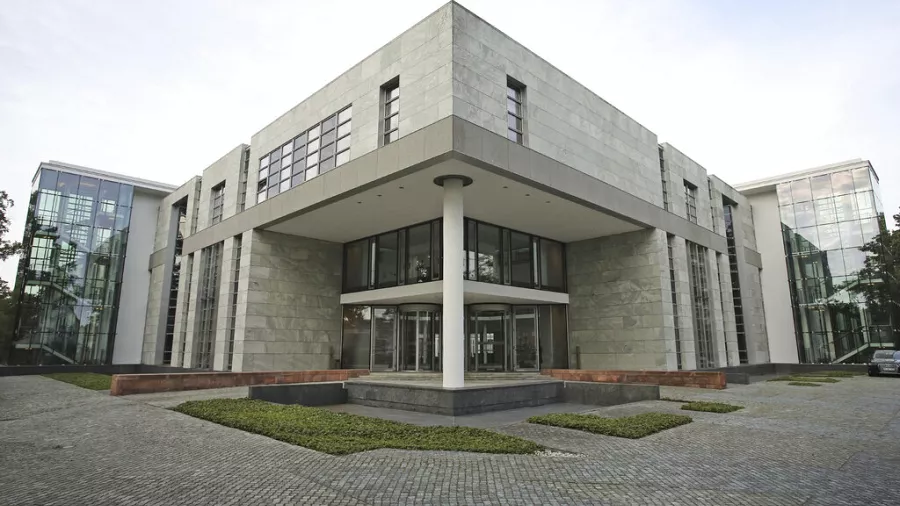The coalition includes The Bahamas, Niue, Palau, St Kitts and Nevis, St Lucia, St Vincent and the Grenadines, and Antigua-and-Barbuda.

Leaders from nine small island nations have convened at the United Nations Maritime Court in Hamburg to urgently address the threat of catastrophic climate change to their very existence. As rising sea levels loom, these nations are appealing to the International Tribunal for the Law of the Sea for the safeguarding of the world’s oceans.
The central question posed to the tribunal is whether carbon dioxide emissions absorbed by the oceans can be classified as pollution. If so, what responsibilities do nations bear in protecting the marine environment? Frustrated by decades of diplomacy that yielded little progress in convincing major greenhouse gas emitters to reduce emissions, these island states are taking this unprecedented step.
Arnold Loughman, the Attorney General of Vanuatu, emphasized the gravity of their plight, stating, “There is nowhere else for us to go. And so for us, this is all about, as far as small island states are concerned, this is about our livelihood. But then you look at the bigger picture, and this is all about humanity.”
The coalition includes The Bahamas, Niue, Palau, St Kitts and Nevis, St Lucia, St Vincent and the Grenadines, and Antigua-and-Barbuda.
The ocean, as one of the largest carbon sinks globally, absorbs 25 percent of all CO2 emissions and captures 90 percent of the excess heat generated by them. Additionally, it generates 50 percent of the planet’s oxygen. However, excessive carbon pollution triggers harmful chemical reactions like acidification and coral bleaching, endangering the ocean’s capacity to absorb CO2 and protect life on Earth.
The low-lying island nations also face the grim prospect of submersion by the end of the century due to rising sea levels.
Gaston Browne, the Prime Minister of Antigua-and-Barbuda, described the immediate impacts they are witnessing: “We are literally suffering from all the consequences. So, for example, we have droughts, we have had floods, we have seen more ferocious and frequent hurricanes, heatwaves, bushfires. We have even lost part of our coastline as a result of sea level rise.”
Despite contributing less than one percent of global carbon emissions collectively, small island developing states are bearing the brunt of climate change.
At the core of the case is the UN convention on the Law of the Sea, mandating nations to prevent ocean pollution. While it defines pollution as human introduction of “substances or energy into the marine environment” harmful to marine life, it does not explicitly cite carbon emissions as a pollutant.
The nine states are turning to the court under the belief that international law is a crucial mechanism for rectifying the injustices their people face due to climate change.
Prime Minister Browne emphasized the complementary role of this legal action alongside climate diplomacy efforts at various COP conferences, underscoring the urgent need for global leaders to intensify their ambitions in reducing global warming.
In addition to the island nations, countries including Germany, France, Saudi Arabia, and Australia will present their perspectives at the ongoing hearing at the United Nations Maritime Court, slated to continue until September 25.